Before you head for the cinema to see the treats in store, browse the bookshelves and choose a tome. There’s no reason why you can’t enjoy the film if you’ve read the book – certainly when we’re talking about films of this high calibre. The list below contains some exceptional writing, which has been lovingly and inventively transposed to the big screen.
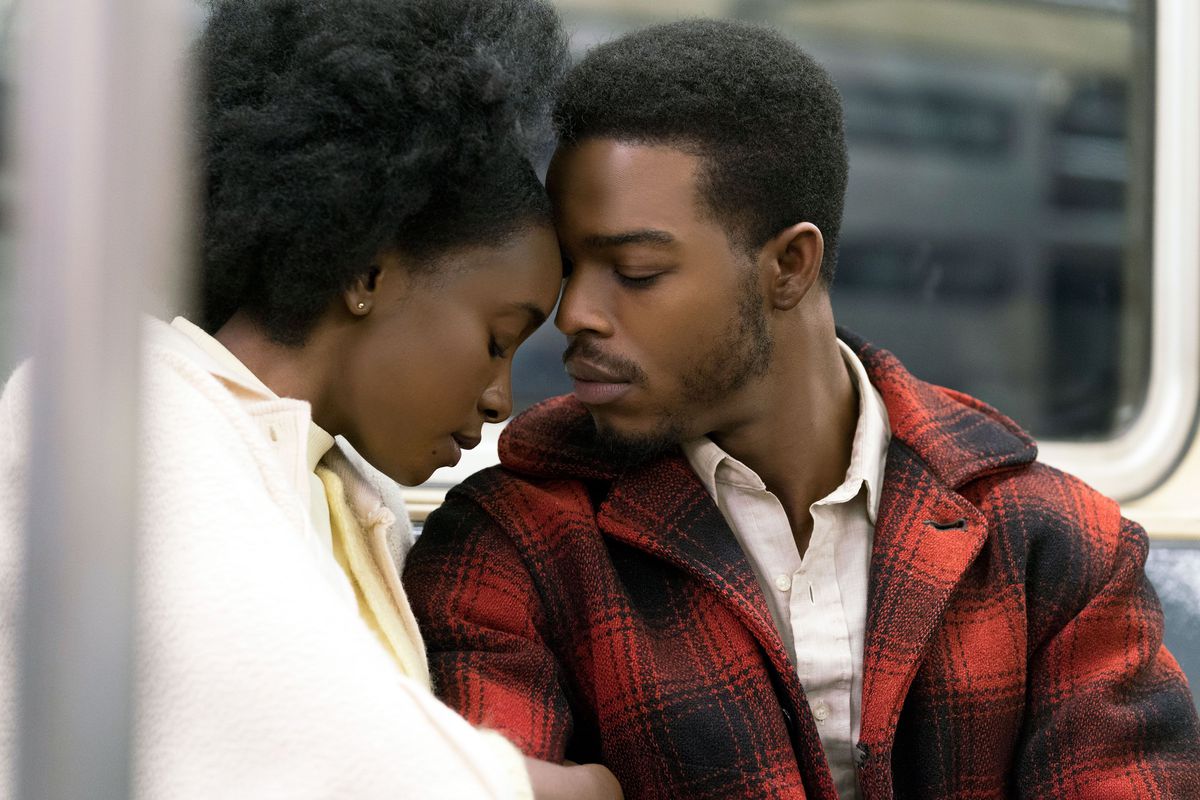
 IF BEALE STREET COULD TALK – Set in Harlem in 1974, James Baldwin’s sensational novel tells the story of Tish: 19 and pregnant, she is fighting to free her boyfriend Fonny from prison, a seemingly impossible task. Baldwin takes his reader into the Afro-American world as Tish goes from the department store where she works to the lawyer’s office and the prison. Despair is depicted in Fonny’s father and in his friend Daniel, while resilience is personified by Tish’s mother and sister. Baldwin’s novel is narrated by Tish and we see everything from her viewpoint, whereas director Barry Jenkins looks equally at the entwined stories of the couple. In homage to Baldwin, Jenkins adds a voiceover of the novelist, his beautiful voice narrating his own experience as a black man living in the USA.
IF BEALE STREET COULD TALK – Set in Harlem in 1974, James Baldwin’s sensational novel tells the story of Tish: 19 and pregnant, she is fighting to free her boyfriend Fonny from prison, a seemingly impossible task. Baldwin takes his reader into the Afro-American world as Tish goes from the department store where she works to the lawyer’s office and the prison. Despair is depicted in Fonny’s father and in his friend Daniel, while resilience is personified by Tish’s mother and sister. Baldwin’s novel is narrated by Tish and we see everything from her viewpoint, whereas director Barry Jenkins looks equally at the entwined stories of the couple. In homage to Baldwin, Jenkins adds a voiceover of the novelist, his beautiful voice narrating his own experience as a black man living in the USA.
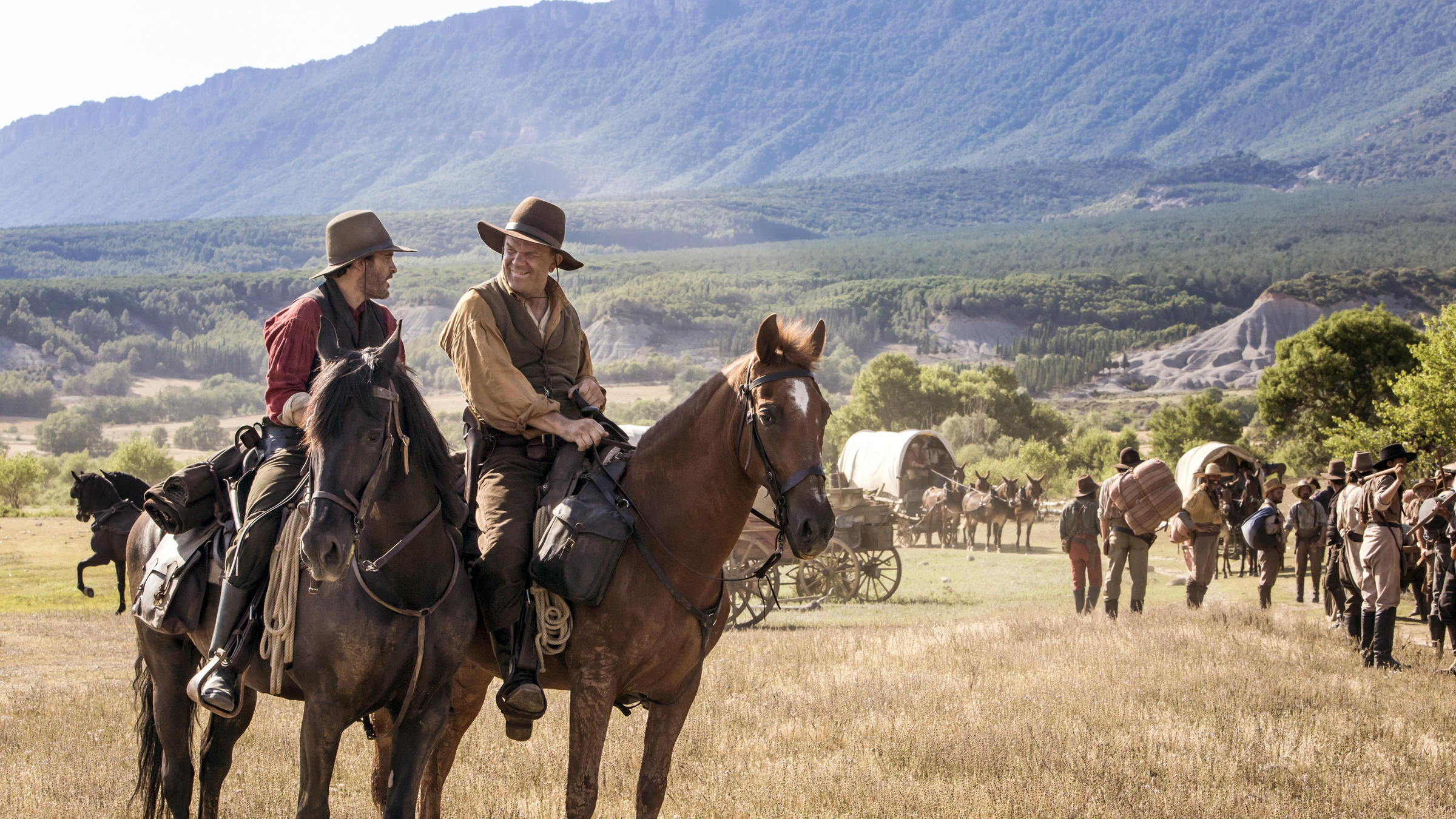
 THE SISTERS BROTHERS – Patrick DeWitt’s darkly humorous novel is set in Oregon and California in 1851 and also has a first-person narrator: Eli Sisters. He’s the overweight, plodding brother of Charlie, a man who got a taste for killing as a child. The two brothers are constantly bickering over horses, clothes and money in typical sibling fashion. Their job is less typical for they are hired killers and en route to their next job. Yet when they discover the man and his secret for prospecting for gold, the brothers are offered the chance to escape their profession. The hugely entertaining film version sees Joaquin Phoenix and John C. Reilly as the brothers, while Jake Gyllenhaal and Riz Ahmed play their associate and the prospector respectively. Directed by Jacques Audiard in his first English-language outing, although the film cuts virtually every woman from the novel, kudos to the Frenchman for making his crew 50/50.
THE SISTERS BROTHERS – Patrick DeWitt’s darkly humorous novel is set in Oregon and California in 1851 and also has a first-person narrator: Eli Sisters. He’s the overweight, plodding brother of Charlie, a man who got a taste for killing as a child. The two brothers are constantly bickering over horses, clothes and money in typical sibling fashion. Their job is less typical for they are hired killers and en route to their next job. Yet when they discover the man and his secret for prospecting for gold, the brothers are offered the chance to escape their profession. The hugely entertaining film version sees Joaquin Phoenix and John C. Reilly as the brothers, while Jake Gyllenhaal and Riz Ahmed play their associate and the prospector respectively. Directed by Jacques Audiard in his first English-language outing, although the film cuts virtually every woman from the novel, kudos to the Frenchman for making his crew 50/50.
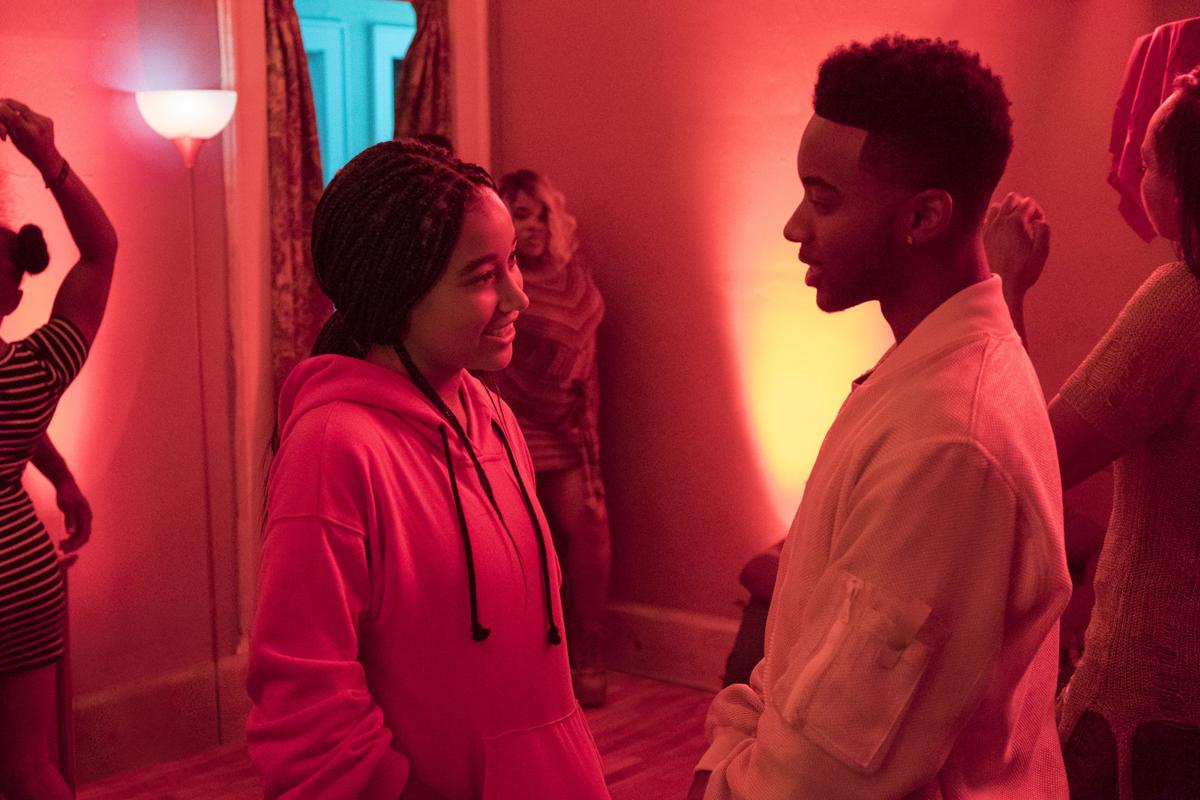
 THE HATE U GIVE – Angie Thomas has written a blistering novel that follows its protagonist, Starr, a black teenage high-school student, as she endures the murder of her friend by a white cop and the messy ugly aftermath of the event. 16-year-old Starr (given the double R by her daddy) navigates between two worlds, that of the high school she attends and the rough black neighbourhood she lives in. Again we have a first-person narrator in Starr, and we follow her from trouble-free teen listening to Tupac with her dad and her mate, Khalil, to her rude awakening into adulthood and bereavement. Published just last year, this quickly got optioned and made into a feature film by George Tillman Jr, who made his name with Notorious B.I.G. and has producer credits on the TV shows Soul Food and This Is Us. As with the book, the scene showing Khalil’s murder in the film is shocking even as we anticipate it. More shocking are the repercussions and the toll it takes. Amandla Stenberg excels as Starr and the great ensemble cast includes Anthony Mackie, Common and Regina Hall. As white supremacy raises its ugly head in Europe and the USA, this is a timely and potent read as well as a must-see movie.
THE HATE U GIVE – Angie Thomas has written a blistering novel that follows its protagonist, Starr, a black teenage high-school student, as she endures the murder of her friend by a white cop and the messy ugly aftermath of the event. 16-year-old Starr (given the double R by her daddy) navigates between two worlds, that of the high school she attends and the rough black neighbourhood she lives in. Again we have a first-person narrator in Starr, and we follow her from trouble-free teen listening to Tupac with her dad and her mate, Khalil, to her rude awakening into adulthood and bereavement. Published just last year, this quickly got optioned and made into a feature film by George Tillman Jr, who made his name with Notorious B.I.G. and has producer credits on the TV shows Soul Food and This Is Us. As with the book, the scene showing Khalil’s murder in the film is shocking even as we anticipate it. More shocking are the repercussions and the toll it takes. Amandla Stenberg excels as Starr and the great ensemble cast includes Anthony Mackie, Common and Regina Hall. As white supremacy raises its ugly head in Europe and the USA, this is a timely and potent read as well as a must-see movie.
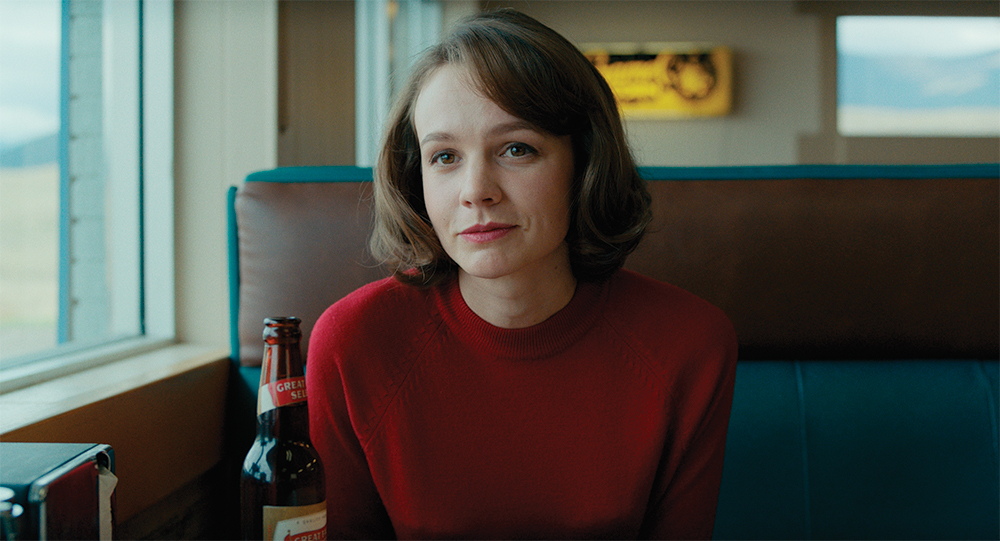
 WILDLIFE – Richard Ford is best known as the Pulitzer-winning author of Independence Day (not that one) and his short-story anthology, Rock Springs, which dealt with dysfunctional parents and the effects of their actions on their teenage sons. This is pretty much the essence of Wildlife, which sees Joe and his family uprooted for the umpteenth time as dad tries to make a living while mum holds down the fort. The father’s propensity for ruining his prospects leads the mother to unhappiness and an affair. Ford paints the parents sympathetically: their attractiveness, their hopes and the realisation as they approach middle age that time is running out. Paul Dano has made a more than respectable directorial debut, which stars Jake Gyllenhaal and Carey Mulligan as the unhappy parents Jerry and Jeanette, and Ed Oxenbould as their son. Dano captures the spare poetry of Ford’s words and of the Montana natural landscape, while the trio of leads give strong performances as the family “unhappy in its own way”.
WILDLIFE – Richard Ford is best known as the Pulitzer-winning author of Independence Day (not that one) and his short-story anthology, Rock Springs, which dealt with dysfunctional parents and the effects of their actions on their teenage sons. This is pretty much the essence of Wildlife, which sees Joe and his family uprooted for the umpteenth time as dad tries to make a living while mum holds down the fort. The father’s propensity for ruining his prospects leads the mother to unhappiness and an affair. Ford paints the parents sympathetically: their attractiveness, their hopes and the realisation as they approach middle age that time is running out. Paul Dano has made a more than respectable directorial debut, which stars Jake Gyllenhaal and Carey Mulligan as the unhappy parents Jerry and Jeanette, and Ed Oxenbould as their son. Dano captures the spare poetry of Ford’s words and of the Montana natural landscape, while the trio of leads give strong performances as the family “unhappy in its own way”.
- Book of the Week: Are women screenwriters really Stealing the Show?

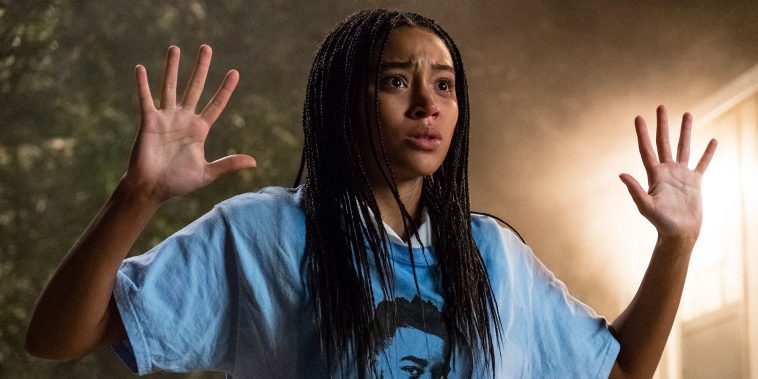

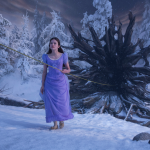





















Leave a Comment